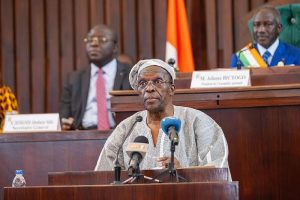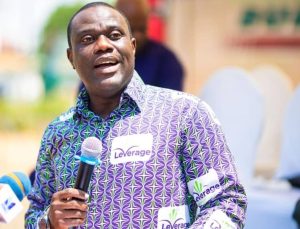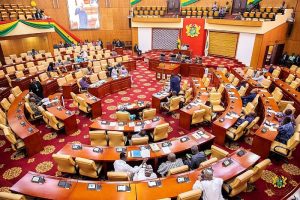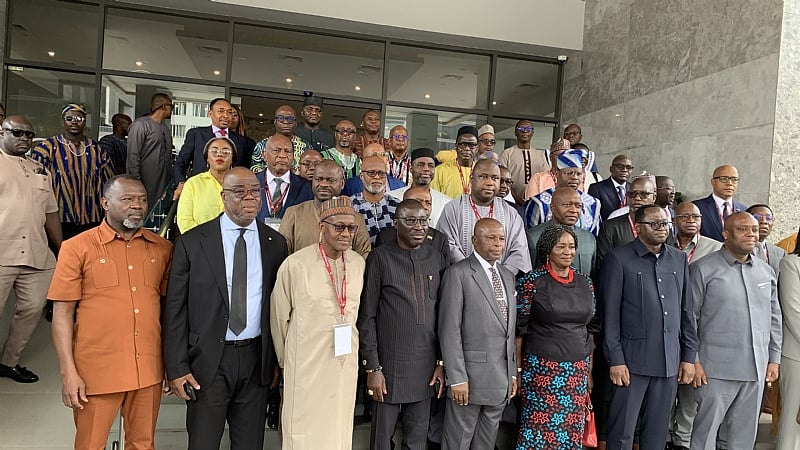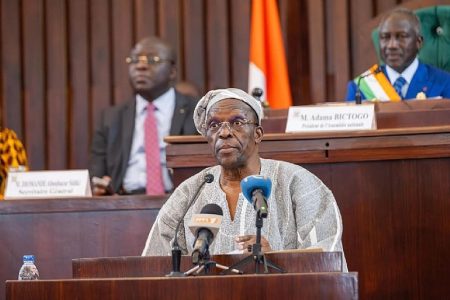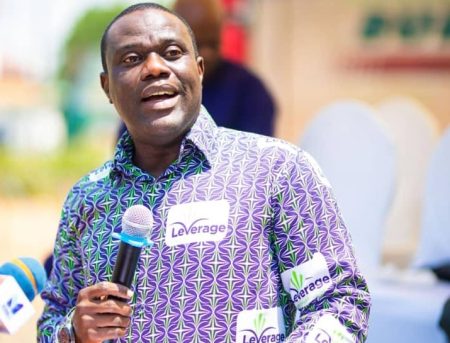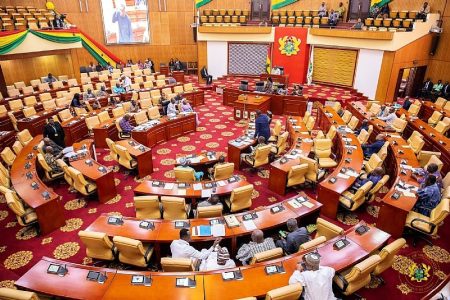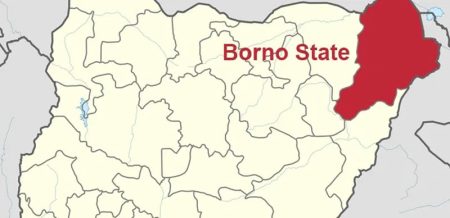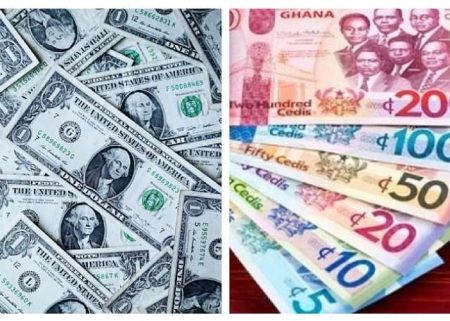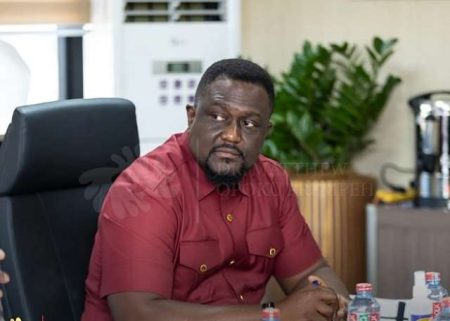The Inter-Governmental Action Group against Money Laundering in West Africa (GIABA) convened its second extraordinary ministerial meeting in Accra, Ghana, on July 19th, 2024, to address the growing concerns of financial crimes and security threats within the West African region. The meeting brought together key stakeholders, including Ministers of Finance, Justice, and Security from member states of the Economic Community of West African States (ECOWAS), to deliberate on strategic initiatives and collaborative efforts aimed at combating money laundering, terrorism financing, and other illicit financial flows. A primary agenda item was the potential admission of the Alliance of Sahel States (AES) – comprising Burkina Faso, Mali, and Niger – as non-ECOWAS members into GIABA, recognizing the critical role of regional cooperation in effectively addressing transnational financial crimes. The inclusion of these Sahel states would strengthen the regional framework for combating terrorism financing and illicit financial flows, crucial given the interconnectedness of security challenges across the broader West African region.
The Accra meeting also served as a platform for the transition of leadership within GIABA’s Ministerial Committee. Nigeria’s Attorney General, Prince Lateef Fagbemi, handed over the Chairmanship to Sierra Leone’s Finance Minister, Sheku Fantamadi Bangura. This change in leadership signals a renewed commitment to strengthening GIABA’s mandate and adapting its strategies to the evolving landscape of financial crimes. Minister Bangura underscored the need for proactive and decisive actions to counter emerging threats such as cybercrime and illicit maritime financial flows, acknowledging the increasing sophistication of criminal networks operating within the sub-region. He emphasized the importance of collective resolve and robust regional cooperation to effectively tackle these challenges.
GIABA Director-General Edwin W. Harris Jr. provided an overview of recent progress, highlighting significant achievements such as Mali’s removal from the Financial Action Task Force (FATF) grey list. This positive development signals an improvement in Mali’s anti-money laundering and counter-terrorism financing framework and reflects the efficacy of collaborative efforts within the region. Furthermore, ongoing efforts to integrate other member states into global financial intelligence networks demonstrate GIABA’s commitment to enhancing regional capacity and fostering international cooperation in the fight against financial crimes. However, Mr. Harris also emphasized the need for continued vigilance and accountability, urging the committee to address the persistent issue of non-payment of subscription fees by Sao Tome and Principe, potentially leading to the suspension of its membership.
Professor Naana Jane Opoku-Agyemang, Vice President of Ghana, delivered the keynote address at the opening ceremony, commending GIABA’s pivotal role in safeguarding regional economies and promoting financial stability. She emphasized the importance of a forward-looking approach to regional collaboration, stressing the need for a robust and inclusive architecture capable of addressing emerging threats. Her address underscored the shared responsibility of member states in strengthening regional mechanisms and adapting to the dynamic nature of financial crimes. This collaborative spirit, coupled with proactive strategies, is vital for ensuring the long-term effectiveness of GIABA’s efforts.
The extraordinary ministerial meeting lays the groundwork for GIABA’s 25th anniversary celebrations scheduled for November in Monrovia, Liberia. This milestone event will provide an opportunity to reflect on GIABA’s achievements over the past two and a half decades and chart a course for its future endeavors. A key focus of the anniversary celebrations will be a comprehensive review of GIABA’s mandate, ensuring its alignment with current realities and emerging challenges in the fight against financial crimes. This review is crucial for maintaining the organization’s relevance and effectiveness in a rapidly evolving global landscape.
In summary, the Accra meeting served as a critical platform for addressing pressing issues related to financial crimes and security threats in West Africa. The discussions centered around strengthening regional cooperation, enhancing capacity building, and adapting strategies to counter emerging threats. The potential inclusion of the Sahel states, the transition of leadership within GIABA, and the emphasis on a forward-looking approach demonstrate a renewed commitment to combating financial crimes and safeguarding the economic integrity of the West African region. The upcoming 25th anniversary celebrations will further solidify GIABA’s role as a key player in the global fight against money laundering and terrorism financing, ensuring its continued relevance in the years to come.


